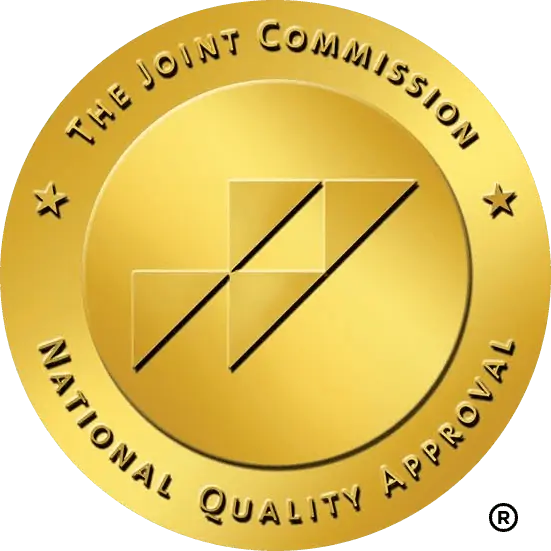Smart phone addiction and compulsive texting have rapidly grown into true, clinically-defined problems for teens – and the consequences span a wider spectrum than most parents realize. In study after study, researchers continue to report astounding numbers when it comes to the sheer volume of texts adolescents’ burn through each month, and the consequences of excessive texting and related cell phone abuse are alarming.
Teens who text frequently are not just distracted and disconnected from those around them, they may also experience very real anxiety that affects their everyday lives. Whether it’s stressing out over whether their battery might run out, being unable to turn off their phone, or being unable to stop checking their phone, compulsive texting and phone usage encompasses more than just sheer numbers, it can also be related to addiction and a real fear of being without their smart phones.
Officially coined “nomophobia,” [1] many struggling adolescents suffer from a fear of being without a mobile phone. As a result, troubled teens begin to exhibit the same types of behaviors that addicts do – whether gambling, drugs, alcohol or otherwise – when confronted about their mobile phone usage or texting habits.
Cell Phone Addiction
Some indicators that a teen may have a problem with compulsive texting may include the obvious – like them having an incessant need to check their phone and lying about the number of texts they make during the day. However, often it’s the unintended consequences of a teen’s smart phone usage that eventually capture a parent’s attention. For instance, parents of troubled teens may begin to see a sudden drop in grades, they may notice their teens are overly tired (from texting in the middle of the night), teens may begin to show signs of depression, behavior problems may surface, and teens may begin to demonstrate poor decision making overall. There are even occasions when compulsive texting may actually be a sign of a deeper problems or disorders.
When studying the dangerous behavior of texting and driving, information researchers at the University of Arkansas observed that those who appeared to have an addiction to texting actually exhibited traits more closely related to Obsessive Compulsive Disorder (OCD), rather than the assumed addiction [2]. Given that OCD is frequently diagnosed in those who exhibit compulsivity with their phones, in the absence of the phone, this condition still may have eventually revealed itself through other means. Regardless of whether it is determined to be an addiction or a form of OCD, teens who are struggling with any form of cell phone abuse are likely in need of professional treatment to get their lives back on track.
Teens Addiction To Cell Phones
Parents who are concerned about their troubled teen’s smart phone addiction or compulsive texting should know they aren’t alone. At Turning Winds, we specialize in helping troubled teens by providing expert therapeutic care, and engaging teens in a healthy balance of activities designed to strengthen a teen’s character and build a healthy body and mind. With our expert clinical care and top academic curriculum, we are here to not only ensure that troubled teens heal, but that they are prepared for a brighter, healthier future.
Smartphone Addiction: The Epicdemic Grows
5 Signs of Smartphone Addiction
Sources:
[1] Business Insider: Smartphone Addiction Now Has a Clinical Name
[2] University of Arkansas: Dangerous Mobile Phone Usage Tied to OCD Traits








